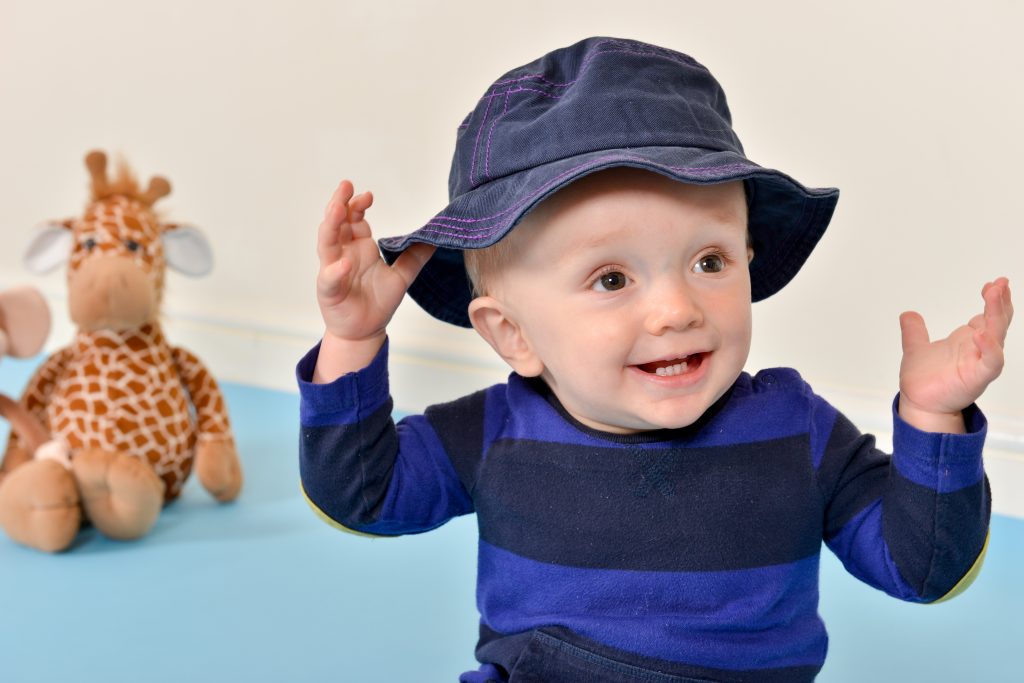With the arrival of a baby comes a wonderful and life-changing experience. However, soon-to-be parents can often find themselves feeling overwhelmed with all the new knowledge they need to learn before their little one arrives. To help put your mind at ease, here are some essential things you should educate yourself on before welcoming your bundle of joy.
#1 Neuroscience And Developmental Psychology
The first thing prospective parents should educate themselves on is neuroscience and developmental psychology. Understanding the science behind how a baby’s brain develops is essential in order to becoming an effective parent. Research in this area has shown that babies are born with far more potential than most people realise and that early experiences largely shape the way an infant’s brain develops. Knowing this information can help guide you as you provide care for your child during their formative years.
#2 Nutrition And Wellness
Another important topic for parents to understand is nutrition and wellness for infants and young children. It’s essential to understand what foods are healthy for developing children and which ones may be harmful to them. Additionally, knowing about the various vitamins and minerals needed for a child’s body to grow properly is also beneficial knowledge for any parent or caregiver. Lastly, it’s wise to become familiar with any allergies or sensitivities within your family to avoid potential health risks down the line.
#3 Immunisation
Immunisation is another key topic of discussion when it comes to preparing for parenthood. Vaccines are used to protect children from serious illnesses such as measles, mumps, rubella, whooping cough, polio, rotavirus, and meningococcal disease, among others — illnesses which can cause severe harm if left untreated. That said, educating oneself on immunisation helps one make informed decisions regarding their child’s health care needs based upon evidence-based guidelines from trusted medical professionals.
#4 Growth Spurts
Growth spurts are a natural part of a child’s development and can occur at any age. It’s essential to become familiar with the different types of growth spurts — physical, cognitive and emotional — as well as how to address them when they occur. Knowing the baby growth spurt signs can help parents provide their children with the support and care they need during these times of rapid change.
#5 Sleep Training
Sleep training is a concept that many parents struggle with — especially those who want their little ones to get enough restful sleep each night without sacrificing too much quality time together during the day! Research has shown that sleep training can be beneficial in helping children learn how to self-soothe so they can fall asleep independently each night—a skill which will serve them well throughout their later childhood years and beyond! Knowing how best to approach sleep training methods ahead of time helps ensure success when it comes time to implement these strategies into practice!
However, sleep training IS NOT FOR EVERYONE. Do not feel pressured to do this. Ultimately, you need to go with the flow and do what you need to survive the early years. Also, remember every child is different, what works for one will not necessarily for another.
#6 Potty Training
Potty training is yet another area where educating oneself ahead of time pays off down the road! Knowing what methods work best — such as positive reinforcement or using rewards — helps establish good habits early on so toilet training goes more smoothly when it’s time for your little one to take that big step towards potty independence! Additionally, knowing how long it typically takes kids at different ages to master this skill gives you realistic expectations when it comes time to move forward with potty training efforts!
#7 Discipline
Discipline is an important topic that all parents should educate themselves on before welcoming a new baby into the family. Knowing how to effectively handle tantrums, set limits, and provide positive reinforcement are key skills that help children learn how to behave respectfully. Additionally, understanding the science behind why certain behaviours occur helps parents better understand why their children do the things they do — thus allowing them to effectively guide them through difficult moments.
#8 Setting Boundaries
Learning how to set boundaries is another important part of parental education. Knowing which rules are absolute, those that can be negotiated, and how best to enforce consequences for rule-breaking helps create a safe, structured environment in which children can thrive. Additionally, being firm yet loving in one’s discipline practices helps children learn that their parents care about them and want what is best for them — even when they can’t seem to follow the rules!
Ultimately, educating yourself on parental topics helps ensure that you are prepared to handle the various challenges that come with raising children. The more we know ahead of time, the easier it will be to face these parenting milestones with confidence and understanding.




1 comment
What an interesting post. Thank you. I failed to educate myself on one or two of those!